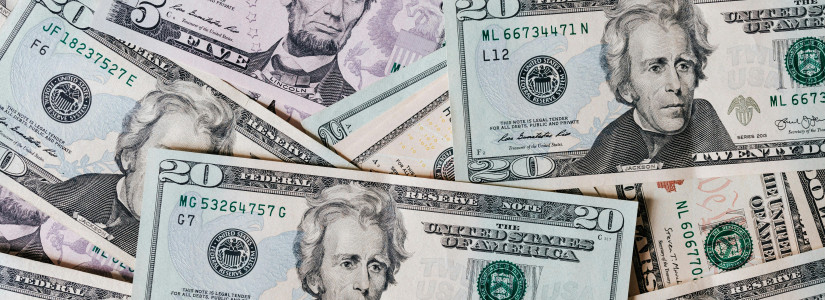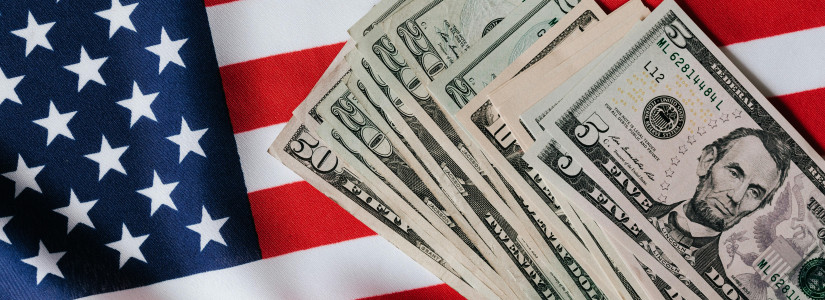Your Guide to Inflation Relief Resources
Learn how to secure the support you need during tough economic times.
How to Get Free Food From DoorDash If Your November SNAP Benefits Are Delayed
Millions of American families face food insecurity as the government shutdown disrupts SNAP payments, with emergency funds covering only about half of recipients. To help fill the gap, DoorDash h...
2026 Social Security COLA Benefits to Rise 2.8% to Keep Up With Inflation
The Social Security Administration (SSA) has announced that Social Security benefits, including retirement, disability, and Supplemental Security Income (SSI), will increase 2.8% in 2026. ...
Mortgage Rates Drop Below 6% in 2026: Is This Your Chance to Beat Inflation and Buy a Home?
If you are searching “mortgage rates 2026” or “buy a house during inflation,” here is what is changing right now. Mortgage rates have dropped below 6 percent, a...
2026 Tax Refunds Are Surging Early: Here's What It Means for You
The 2026 tax filing season is underway with promising news: refunds are climbing higher than last year, offering a welcome cash infusion for many. Initial IRS figures confirm taxpayers are already pocketing b...
IRS Announces New Car Loan Interest Deduction: How to Qualify in 2025–2028
The IRS has rolled out a new tax deduction on car loan interest, a benefit that could save American taxpayers thousands of dollars. This deduction, part of the federal One...
US Minimum Wage 2026: Full State-by-State Breakdown
In February 2026, minimum wage rates vary widely across the U.S., with some states tied to inflation adjustments and others sticking to the federal rate. Knowing your state’s minimum wage helps workers plan finances...
How to Protect Your 401(k) From Inflation
Inflation can slowly reduce the buying power of your retirement savings. If prices rise faster than your 401(k) grows, your money may not go as far in retirement. Taking a few smart steps can help protect your account. ...
Does PA's $1,000 Rebate Cover Your Rent Inflation?
Cash lifeline for Pennsylvania's fixed-income families – the expanded Property Tax/Rent Rebate (PTRR) program now shields more seniors, widows, and disabled adults from crushing inflation on...
Struggling With Housing Costs? This Program Pays $500 a Month to Help You
As inflation continues to push up housing, utility, and grocery costs, a limited group of households is receiving $500 monthly payments through the Housing Stability Initiative — a guaranteed inco...
Stay ahead of the curve









